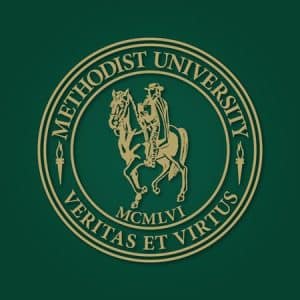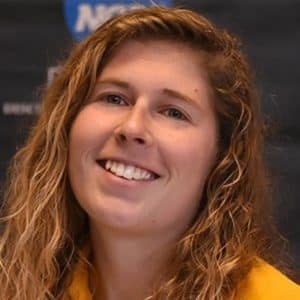People
Welcome to Methodist University’s campus directory! You can learn more about our wonderful staff and faculty by searching for their name or filtering the list by a certain area of focus.
-
Bonnie Adamson, M.B.A.
Director, Financial Aid Department
Department -
Mfon Akpan, D.B.A.
Assistant Professor of Accounting
-
Emad Alenany, Ph.D.
Assistant Professor of Engineering
-
Alexis Allaman, M.Ed.
Head Softball Coach Department
Department -
Brittani Allen, M.A., M.A.
Instructor of Composition & Rhetoric
-
Lynetta Allen-Geddie, M.P.H.
Director, Health Services Department
Department -
Vijay Antharam, Ph.D.
Associate Professor of Chemistry
-
Heather Arnold, M.M.
Adjunct Instructor of Bassoon ContactEmail:
ContactEmail: -
Angilque Arrowsmith
Accountant & Administrative Assistant, Business Affairs Department
Department -
Franceine Atiebrah
Administrative Assistant, Collegiate Recovery Program & Student Health and Counseling Services
-
Gail Augustine, Ph.D.
Assistant Professor of Social Work
-
Dawn Ausborn, M.S.A., CPA
Chief Financial Officer & Vice President for Business Affairs Department
Department